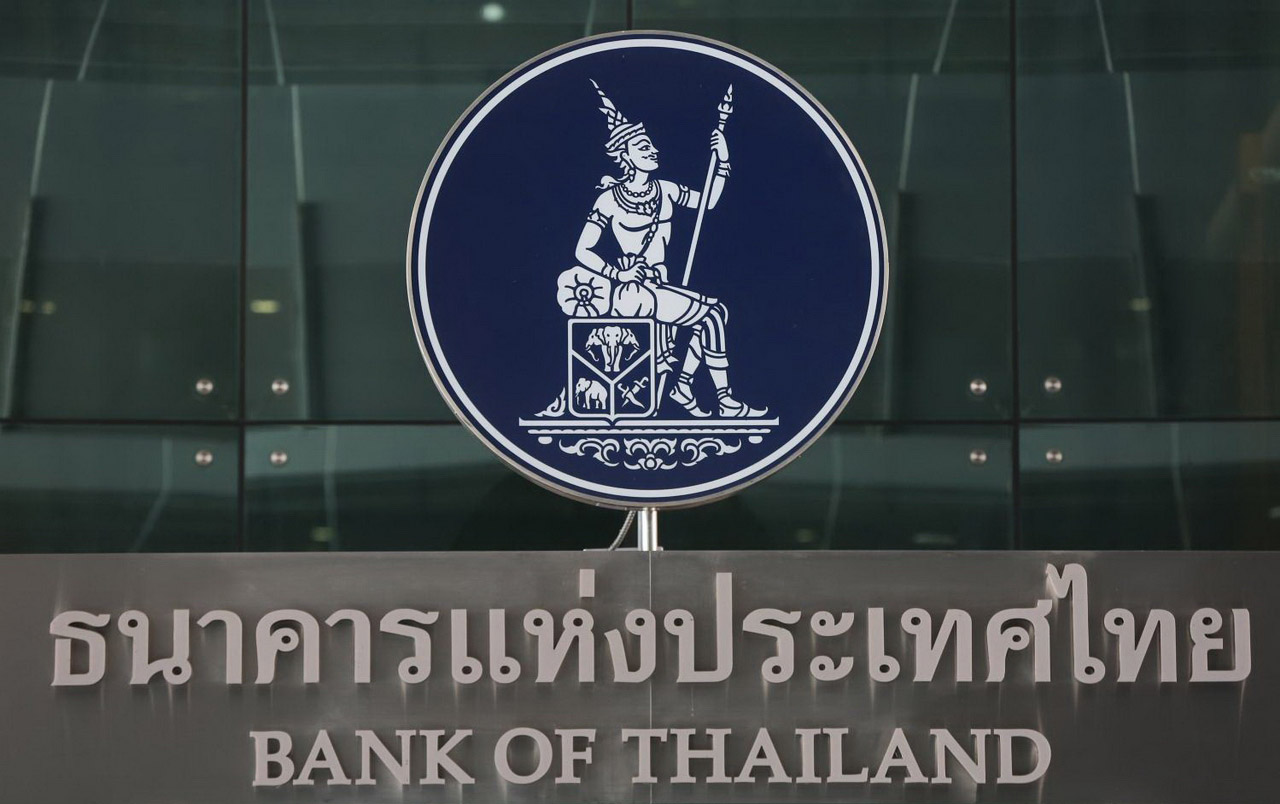|
Key Contacts Jutharat Anuktanakul Pranat Laohapairoj Chandler MHM Limited |
On 19 July 2019, the Office of Trade Competition Commission (“OTCC”) announced a set of guidelines which prohibit large retail and wholesale operators from certain conduct when dealing with their trade partners, suppliers, manufacturers, OEM manufacturers, and importers. This announcement is notable, as it is the first set of industry-specific conduct guidelines that the OTCC has issued since its inception. This announcement means that OTCC officers now are not only focusing on the general guidelines and fundamental principles behind the law, but are now focusing on specific conduct in certain industries. Therefore, all business operators should be aware of notifications from the OTCC as further specific guidelines for other industries are expected to follow.
This announcement has been issued to supplement guidelines on prohibited conduct under Section 57 of the Trade Competition Act B.E. 2017. It may also impact on how certain misconduct under Section 50 is interpreted, depending on the facts of the case. This announcement specifically targets large, powerful, modern retailers and wholesalers of household goods, including those in the following sub-sectors: hypermarket, cash & carry, supermarket, specialty store, department store, and convenient store. Few businesses in the sector would be exempt.
Under this announcement, eight specific types of conduct are put on notice, namely:
- unreasonable flooring of purchase price and forcing discount for already-delivered products;
- requesting fees and discounts that are inherently unfair, such as special-shelving fee, entrance fee, and rebate;
- unfair returns of products, such as surplus stock due to purposeful over-ordering, stock switching, or site renovation;
- use of unfair consignment agreements or discriminatory application of consignment agreements;
- forcing trade partners to purchase own goods or services;
- non-contractual forcing of trade partners to provide sales representatives;
- breach of purchase contract for delivery of customized products; and
- other unfair conduct, such as unfair delisting, breach of confidentiality resulting in unfair competition, and most notably undertaking of retaliatory measures against trade partners resulting from trade partners’ refusal to accept unfair terms or complaints to the authority.
Some of the prohibited conduct listed would have arisen from historical cases that have captured the public’s attention and drawn criticism to the industry. Other types of prohibited conduct would have been imported from other jurisdictions to complete this specific area of enforcement. While most of the prohibited conduct which is listed is very clear, it is still to be seen how exactly these provisions will be enforced, and to what extent industry or entity-specific exemptions are feasible in the eyes of the officers.
This publication is intended to highlight an overview of key issues for ease of understanding, and not for the provision of legal advice. If you have any questions about this publication, please contact your regular contact person(s) at Mori Hamada & Matsumoto or Chandler MHM Limited, or any of the Key Contacts listed in the far-right column.























































 Chandler MHM Limited
Chandler MHM Limited Jessada Sawatdipong
Jessada Sawatdipong







